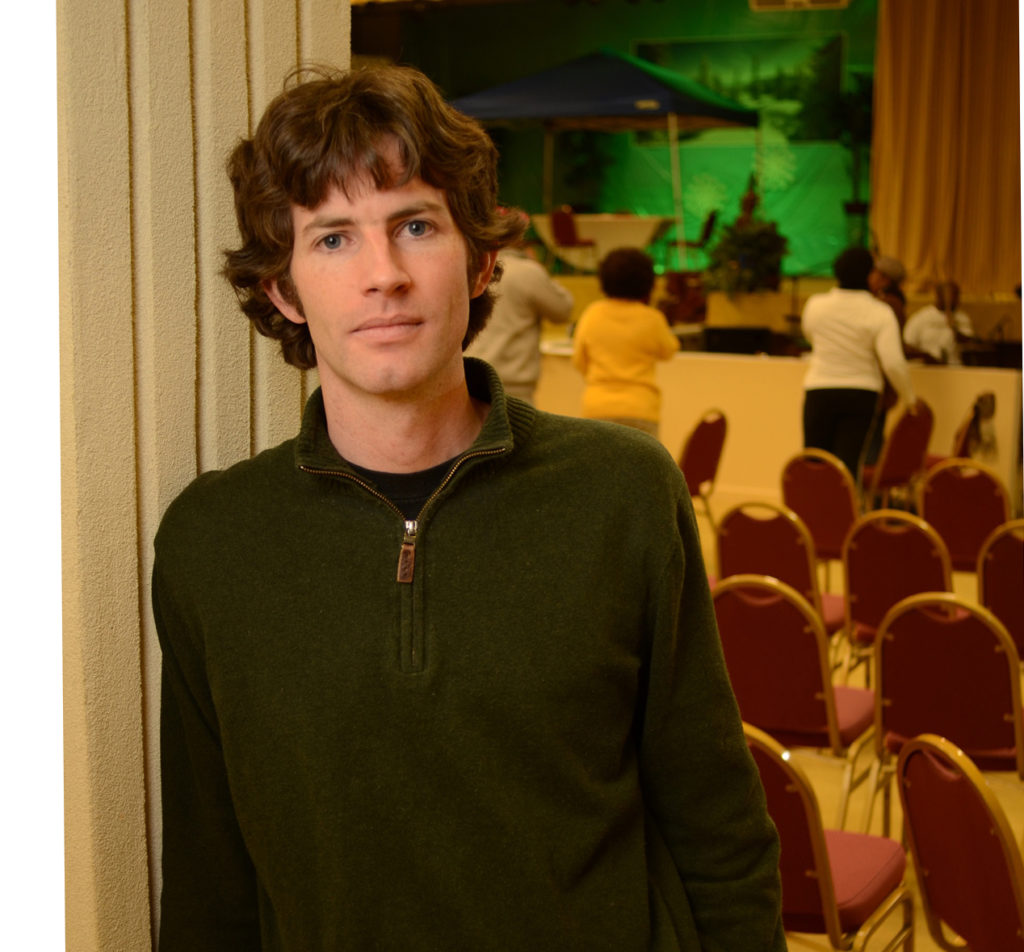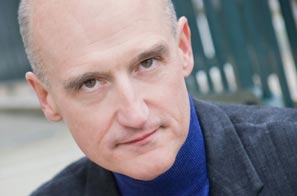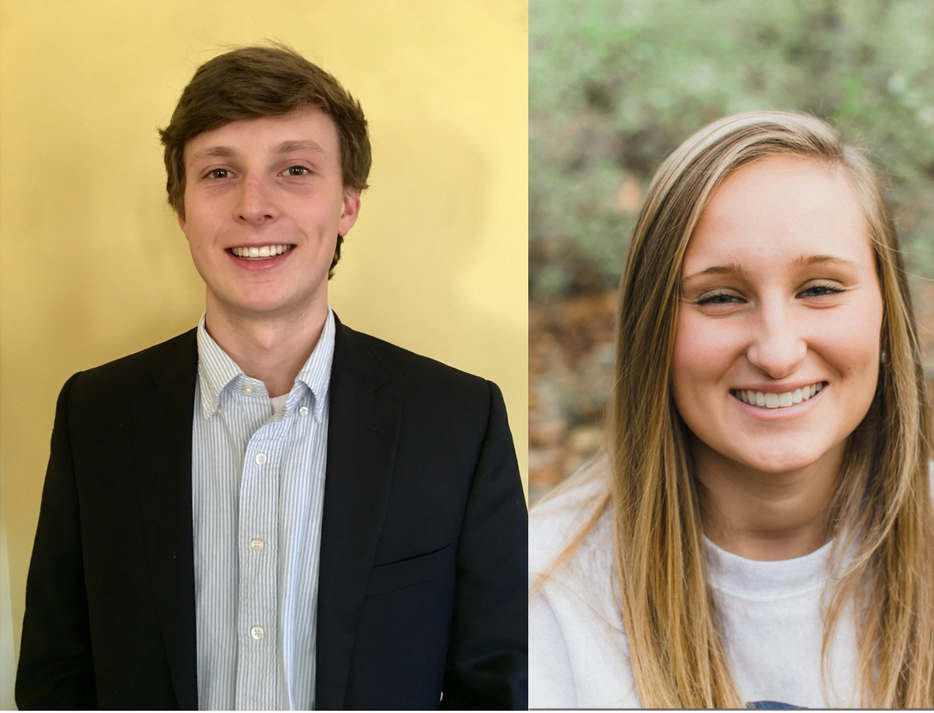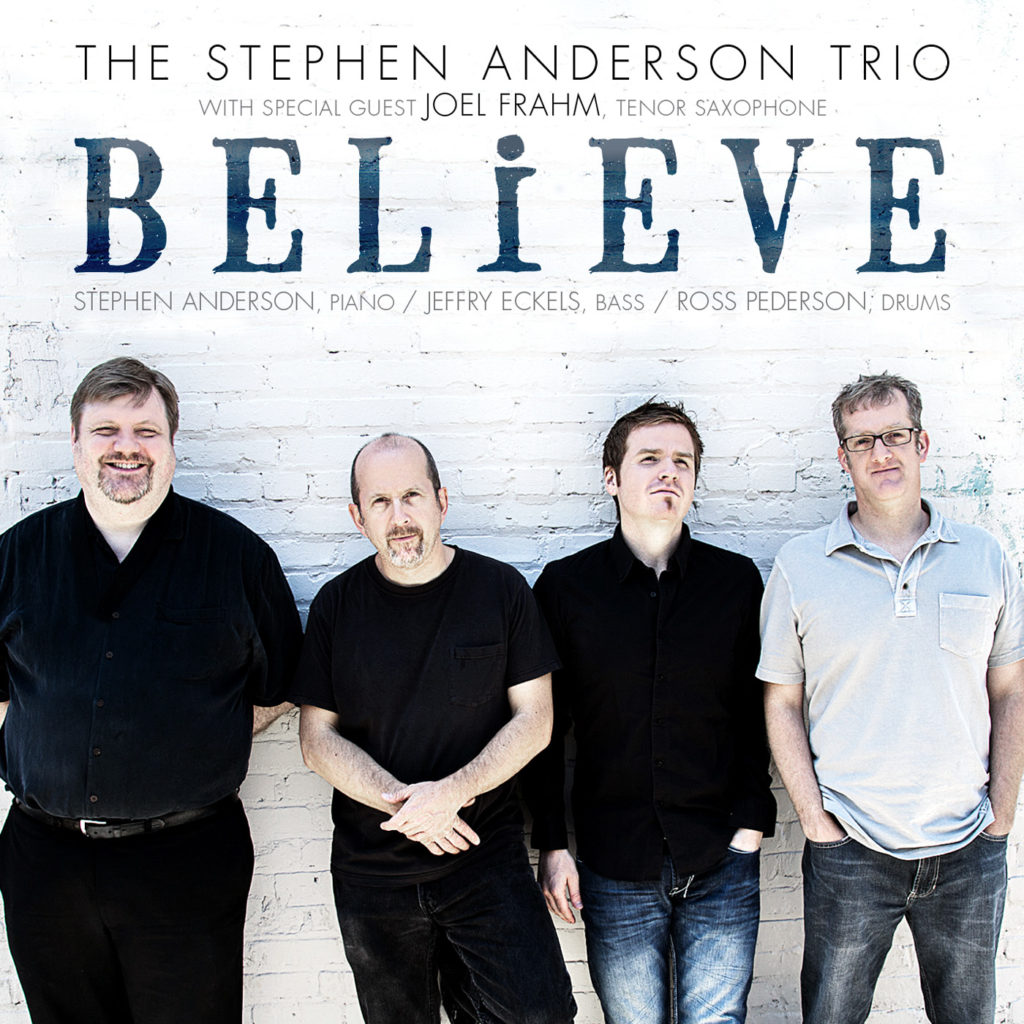The fellowships provide support for promising scholars completing dissertations that explore ethics and religion.
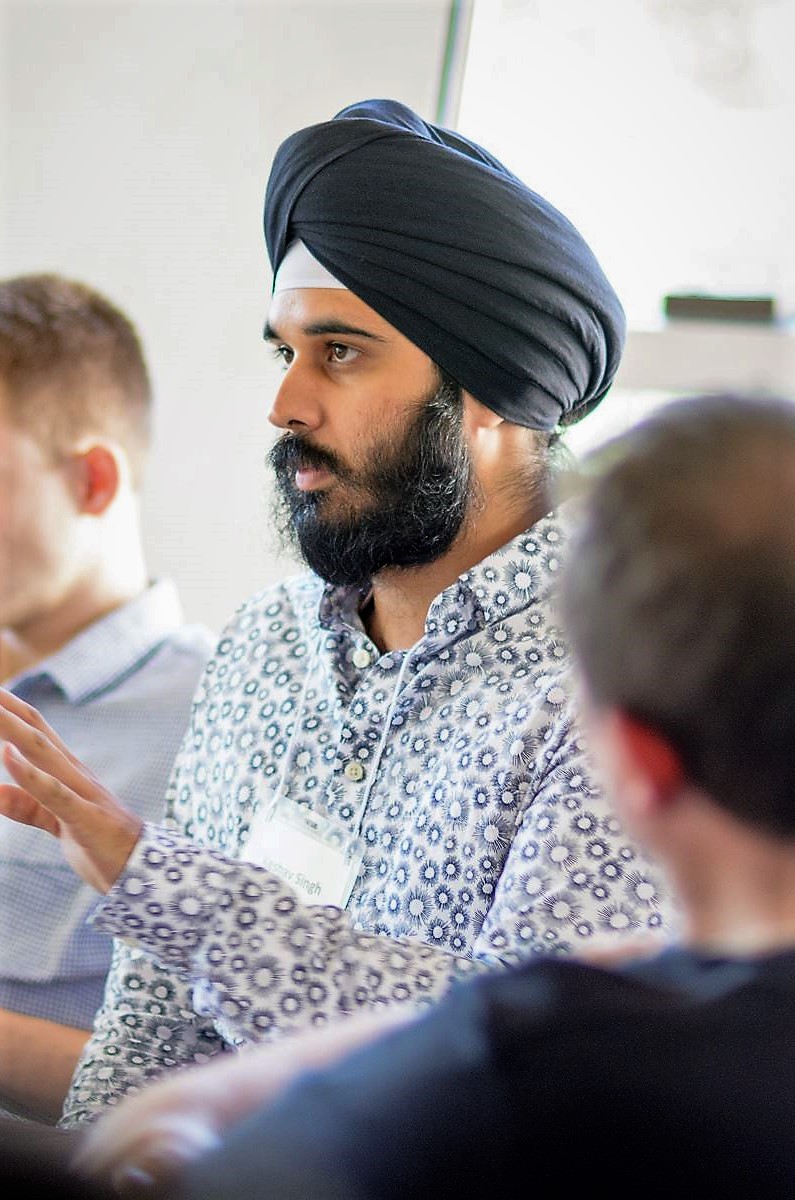
Keshav Singh in philosophy, and Dwight Tanner in English and comparative literature, both Ph.D. candidates at UNC-Chapel Hill, have been named Charlotte W. Newcombe Doctoral Dissertation Fellows for 2019 by the Woodrow Wilson National Fellowship Foundation. They are among a class of 23 recently named fellows.
The Newcombe Fellowship is the nation’s largest and most prestigious award for Ph.D. candidates in the humanities and social sciences addressing questions of ethical and religious values.
Singh’s dissertation, titled Rational Agency and Normative Achievement, argues that we deserve credit for acting rightly, believing the truth, and satisfying other standards, when we meet those standards in virtue of responding to the reasons that ground them.
Tanner’s dissertation, titled In the End: Apocalyptic Literature, Minoritarian Identity, and Hopeless Futurity, focuses on apocalyptic narratives and the role of minoritarian perspectives and identity as praxis for imagining and enacting a productively different future.
Each 2019 fellow will receive a 12-month award of $25,000 to support the final year of dissertation writing. The award is open to doctoral candidates in any humanities or social sciences discipline to help encourage interesting, original and significant study of ethical and religious values. Fellows are conducting research in a range of fields at some of the nation’s top institutions.

This year’s fellows are completing dissertations on topics such as the feminist value of reproductive freedom, diverse experiences and understandings of pregnancy and political disagreement over abortion; 19th-century emigration aid companies that subsidized westward expansion; Aristotle’s account of self-love and its role in motivating us towards our good; the ethical dilemmas and political-economic entanglements of gang violence in Central America; and the moral foundations and ethical stakes of autonomous artificial intelligence, in particular automated vehicle applications.
Funded by the Charlotte W. Newcombe Foundation, the fellowship was created in 1981 and has supported nearly 1,300 doctoral candidates, most of them now noted faculty at domestic and foreign institutions.
For more information on the Newcombe Dissertation Fellowship, visit woodrow.org/fellowships/newcombe.

